Are You Sure Your Experience Modification is Correct? Here’s How a Payroll Correction Saved My Client Over $100,000
I just wanted to share you a little story about a prospect that called me for help with an Experience Modification issue.
A local agricultural operation just got their first Experience Mod after going over the minimum premium level using pure premium rates against his payroll for the 2011-12 year. This would make him eligible for a modification for the 10/31/13 to 10/30/14 policy year. The challenge I was faced with was that because of two small losses (one at $7,100 and another at $1,300 both being held open with reserve) on the calculation period, that the operations mod was issued at 2.21 or 221% of his standard premium. This along with a healthy debit (because of the losses and mod) would raise his premium from $31,000 to almost $90,000.
As you would expect, the ag operation (who is now a client) was adamant about not being able to operate his business with this type of insurance premium as it would just not pencil out. After further investigation I found out that my prospect barely cleared the ground floor for having a modification at all, as the minimum was set at $27,500 in premium (current pure premium rates versus payroll for a given year). They actually came in at $27,520.99, so for $21.00 in premium they were getting stuck with nearly $37,510 in additional premium and another $22,000 in debit charged by the insuror (who will remain nameless).
After a discussion with the prospect I found out that, on occasion, they would pay certain hourly employees a piece-rate, as in pay his hay squeeze operators by the load instead of hourly. As per Part 3 Section V of the Uniform Statistical Reprting Plan (Work Comp Rule Book), you may re-calculate piece rate in order to get a valid overtime figure if the piece rate hours and earnings exceed the standard hours and hourly rate of earnings for that employee. That amount of the payroll is eligible for exclusion from reporting (overtime portion of the time and a half).
After going back through the previous years’ payrolls we were able to exclude $1,100 dollars in payroll which reduced the calculable premium (again, pure premium rate versus payroll) by about $100.
Now most people would say, Big Deal!!, you saved the guy $100 in premium. What they dont see is the fact that I ordered a revised audit and asked (told) the carrier that they needed to correct the payroll reported to the WCIRB for that time period. They did, and my client was informed that he was too small to be eligible for a modification based on the recalculation. This eliminated the 221% experience mod and a part of the surcharge, saving my new client $40,000+ in premium a year for the next three years. In short, it saved the client from having to close his doors.
Knowing the rules is the first step to making sure that you are not overpaying for insurance. Does your broker know all the rules that apply to your modification? Do they make sure that you are not overpaying into the system?
If you are unsure about the answer to this question, then give me the opportunity to meet with your firm and examine your history. There is profit that might be returned to your firm if you allow a Professional Work Comp Advisor , like myself, to take a look.

